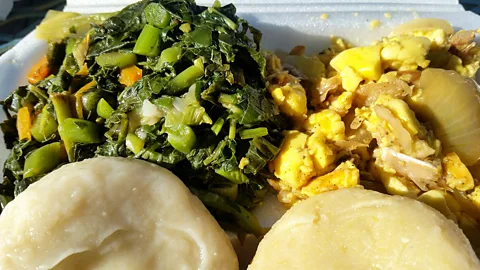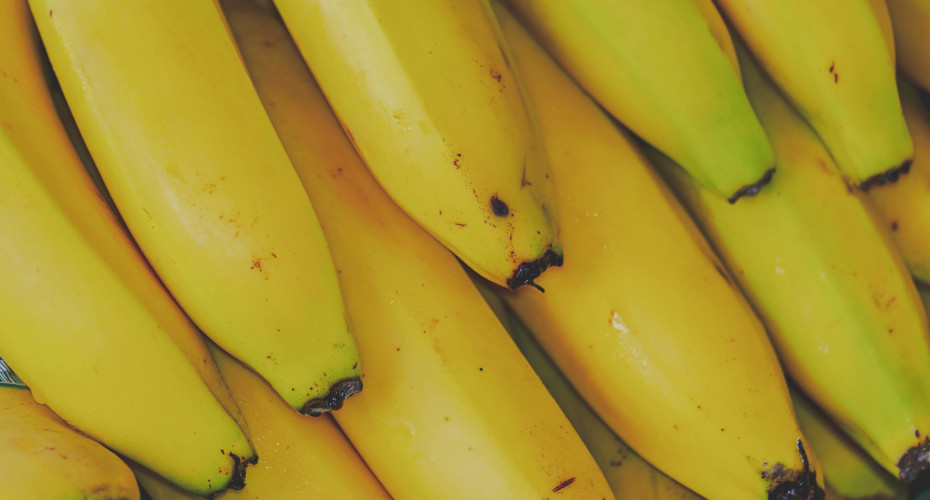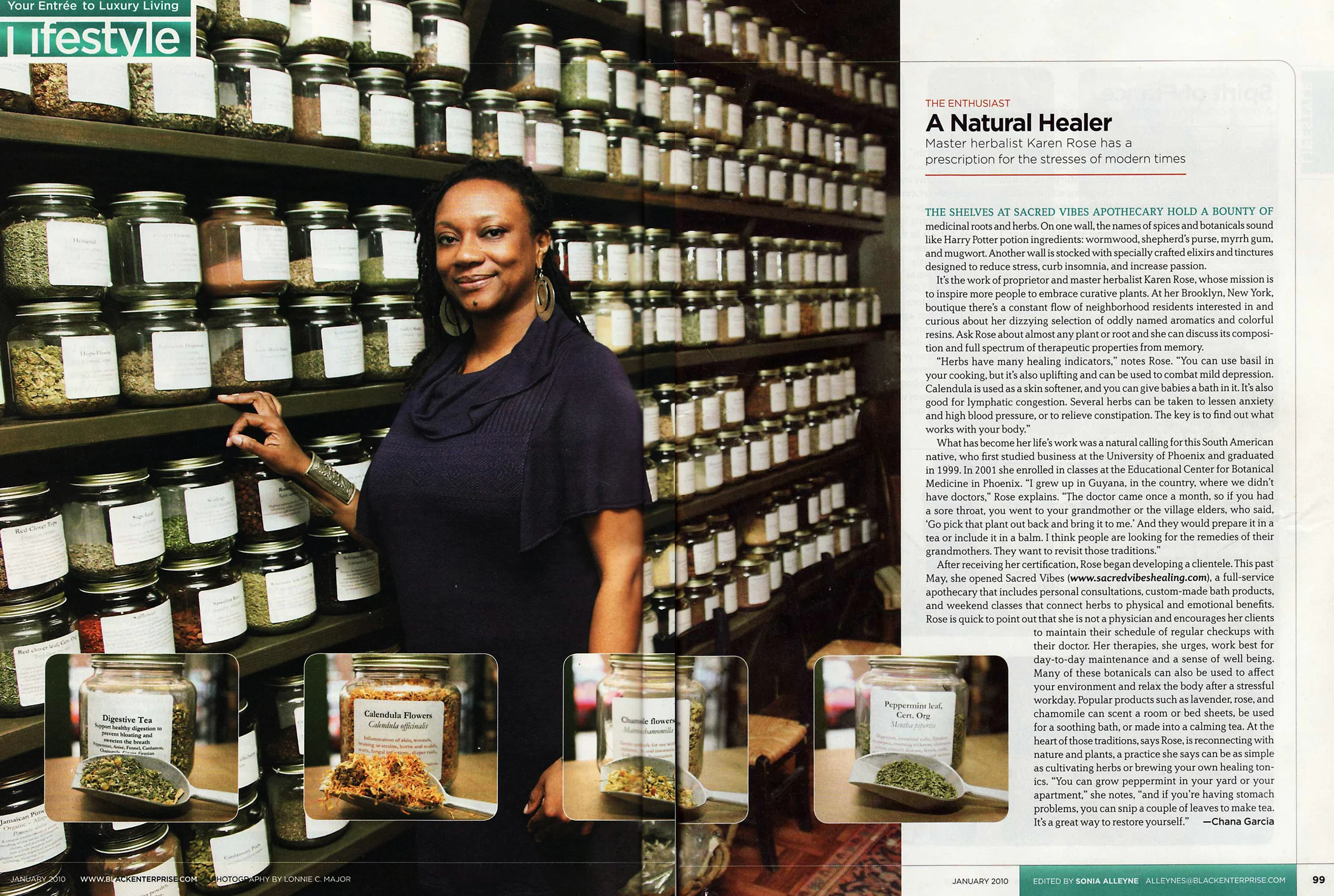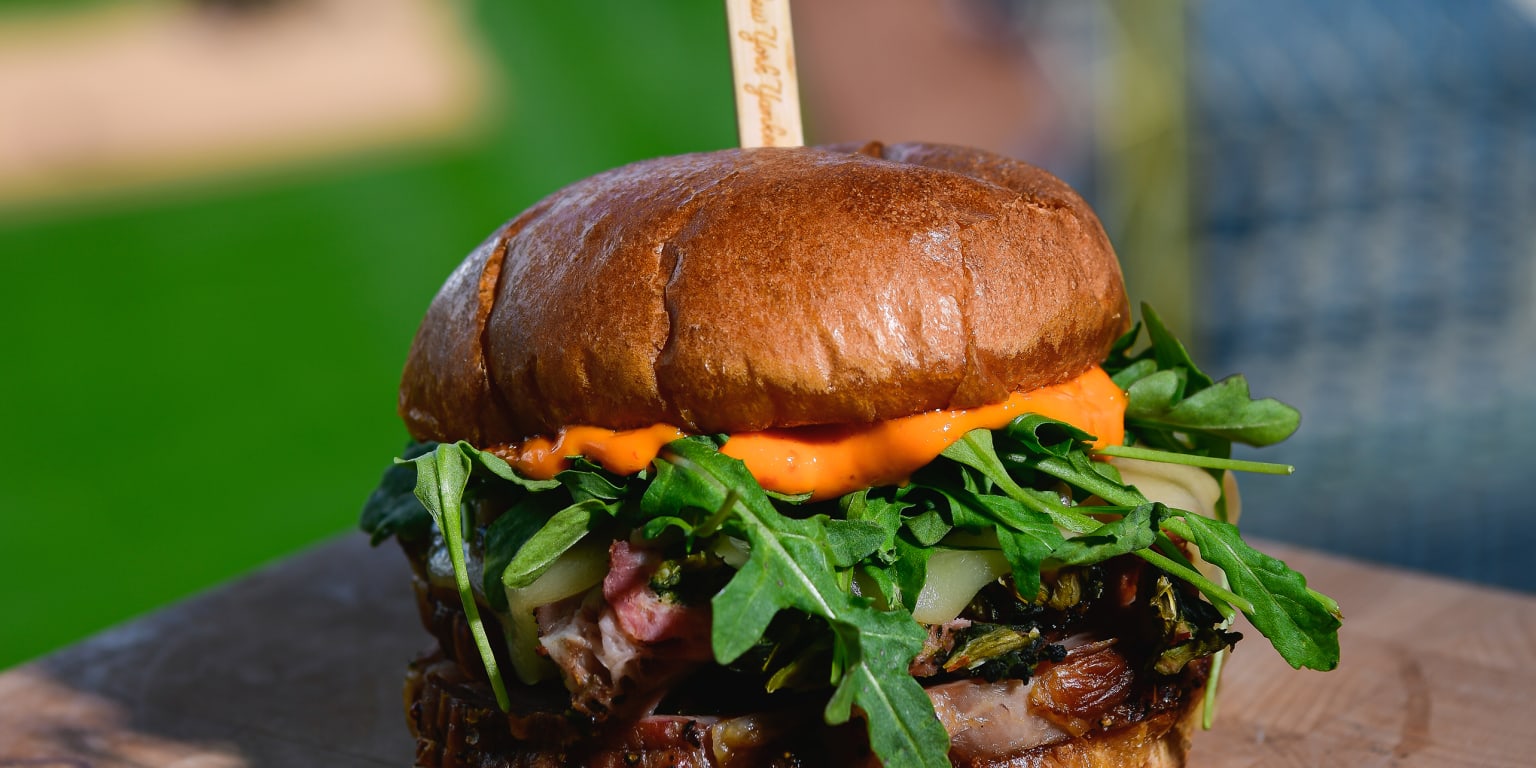get these nets
Veteran


The 'King of Soca' Machel Montano’s guide to Trinidad and Tobago
Soca musician Machel Montano shares his recs for enjoying his home nation during Carnival season and beyond.
03/02/25
Here are Montano's favourite ways to experience Trinidad and Tobago.

For some of the best home cooking in Trinidad and Tobago, Montano loves hitting the food stalls at the Breakfast Shed
1. Best culinary experience: Street food and the Breakfast Shed
For Montano, the best food in Trinidad and Tobago is found in the streets.Tip:
"Hire a friendly driver to take you around for your whole stay," says Montano. "When you’re liming, you never know how long you’re going to be in one place. The driver can always drop you off and wait around and spin back… they’ll take care of you. And they know all the best places to go." To make it happen, "Just ask one of the regular taxi drivers, 'Hey, can you be our driver for our stay?’," advises Montano. "Most of the time, you can find somebody here to do that."
"Our most famous street food, doubles [curried chickpeas served on two fried flatbreads, topped with condiments like mango chutney and tamarind sauce], is available on nearly every corner. It’s a food that [harks back to] our cultural roots. It’s affordable, tasty and something we're known for internationally." His pro tip: find a vendor selling fresh coconut water, as locals do. "Coconut water is the perfect pairing with any meal!"
When pressed to name a sit-down dining experience, Montano cites the Breakfast Shed: "You know when you’re looking for good food, you’re always looking for your grandmother’s cooking? We call it the Breakfast Shed, but it’s not really a shed. It’s what you would call a modern-day food hall. They cook only local dishes with what we like to call a 'sweet hand'; this means they use the best seasonings. Everything is so tasty."
Montano recommends ordering the callaloo, which is a popular Sunday dish in Trinidad and Tobago. "[It's] a mixture of bushes [dasheen bush, also known as taro leaves] with okra and spinach and all these different things in there." He also recommends trying traditional stews, curries, pies or plant-based ingredients like pigeon peas: "We call those plant-based dishes 'ground food'. Healthy food."
Montano especially loves people watching at the Breakfast Shed: "There are a lot of people from every walk of life, from salespeople to shopkeepers to students. Everyone is always rolling up to the Breakfast Shed."
Address: JFXP+M8M, Wrightson Rd, Port of Spain, Trinidad & Tobago














